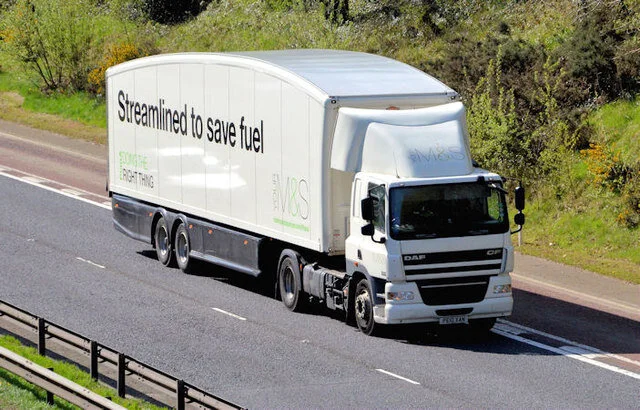5 Tips for Eco-Conscious Food and Beverage Manufacturers
/Many food and beverage companies hope to adopt new, greener practices. If you have a real desire to be eco-conscious, developing a more sustainable business model can be a solid foundation to improving customer perception of your company and providing significant savings to your bottom line. Here are our top 5 tips for eco-conscious food and beverage manufacturers.
1. Reduce Waste
It is estimated that roughly one-third of all food produced in the world for human consumption is wasted. This is a scary prospect for any food and beverage manufacturer looking to protect the environment and run at a profit. Fortunately waste reduction can be achieved by investing in software, as new disruptive technologies can improve your business outcomes in this regard. Enterprise Resource Planning (ERP) and Demand Planning software assists in minimizing food inventory waste, maximizing a company’s production efficiency, and streamline purchasing. For those looking to reduce their food waste, this software is certainly a step in the right direction.
2. Digital Record Keeping
It’s great for the environment if you can run your food and beverage business digitally and strive for a paperless operation. How much paper could you save over the course of a year if you recorded everything online in ‘the cloud’ rather than sending waste to landfill? Instead invest in modern digital tools of communication which can manage food inventory freshness and quality, and vastly improve the operational efficiency of your business.
3. Sustainable Packaging
In 2020 the COVID-19 pandemic has revealed how important corporate and social responsibility initiatives are. And you can be certain that consumers are paying more attention to sustainable packaging than ever before. So consider switching to sustainable packaging, may it be recyclable or reusable. Your customers consciously measure your environmental impact.
4. Traceability
In September 2020, a new rule proposed by the US Food and Drug Administration (FDA) established a list of foods which would require additional record keeping. This new rule has been initiated to lay the foundation for vast ‘farm-to-table’ (also ‘farm-to-fork’) traceability across the US food industry. Traceability is an important consideration for the eco-conscious food and beverage manufacturer because having traceable information contributes towards attaining sustainability in the sector. A more comprehensive traceability process, through access to records of key data elements associated with critical tracking events in food production and distribution can be achieved via an investment in food traceability software. This software has the potential to help users pinpoint the exact sources of foods involved in outbreak, and ultimately reduce waste and via its digital track-and-trace system.
5. Transportation
Transportation of your products can potentially have a hugely negative impact on the environment. Fortunately this can be reduced by ERP software. Having a well mapped ERP system powered by AI and blockchain technology means you can automate your shipment and delivery operations, as well as monitor, streamline and improve all your transport operations.
So what next? 90% of millennials say they would purchase from a brand if they trusted their environmental and social business practices, so try a demo of Cashmere today and see first hand how our food manufacturing and food distribution software solutions can prioritise the sustainability of your business.










